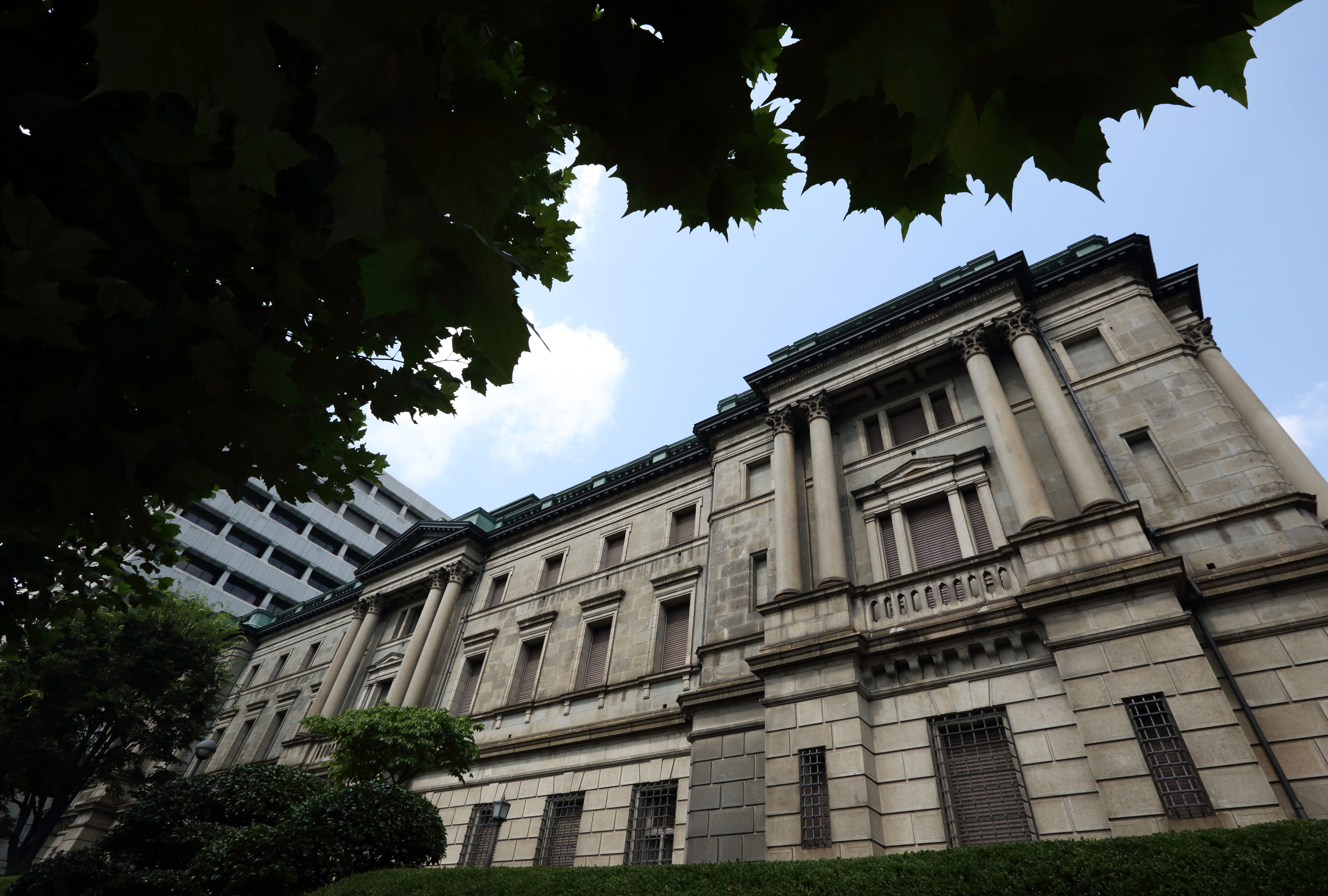A Bank of Japan policymaker stressed the importance of adjusting monetary policy "without hesitation" if the economy deteriorates, the minutes of last month's meeting show.
"The approach of examining both upside and downside risks and making adjustments as appropriate without hesitation was important," the member said, indicating the need for additional easing steps if the economy swings downward.
Many BOJ policymakers agreed that consumer prices are likely to rise gradually, not only due to higher energy prices but also among a wide range of other items, the minutes said.
However, one member countered that the yearly rises in consumer prices "might come to a pause" as a rebound in energy prices, following the previous year's decline, runs out of steam, the minutes said.
Another member pointed to the need to monitor next year's spring wage talks, saying that movements in regular wages will be important in assessing future price developments, the minutes said.
On the domestic economy, members shared the view that "a virtuous cycle from income to spending had gradually started to operate firmly both in the corporate and household sectors."
This prompted the central bank to upgrade its assessment of the economy at the meeting, saying that it is "recovering moderately." It had previously said the economy was "starting to recover moderately."
Some members, meanwhile, said that the increase in exports was slower than expected, with one member attributing the weaker-than-expected pace to slow recoveries in the United States and Europe.
On consumption, one member said that the sustainability of increasing personal consumption needs to be watched as stock prices wane, the minutes said.
Some members counseled closely monitoring the U.S. debt ceiling problem.




